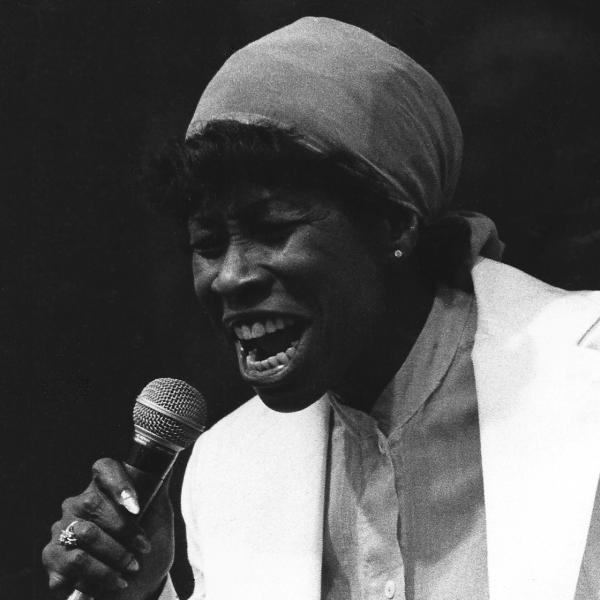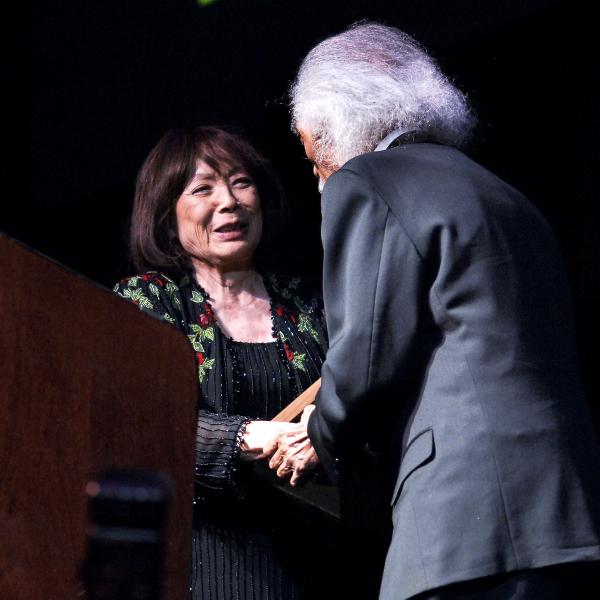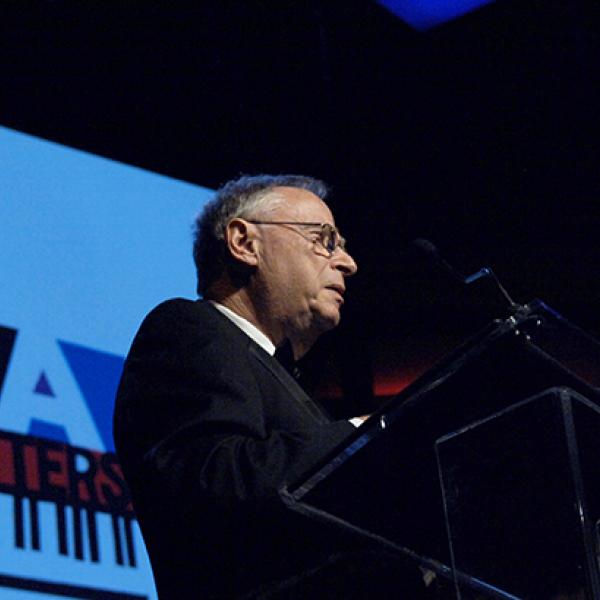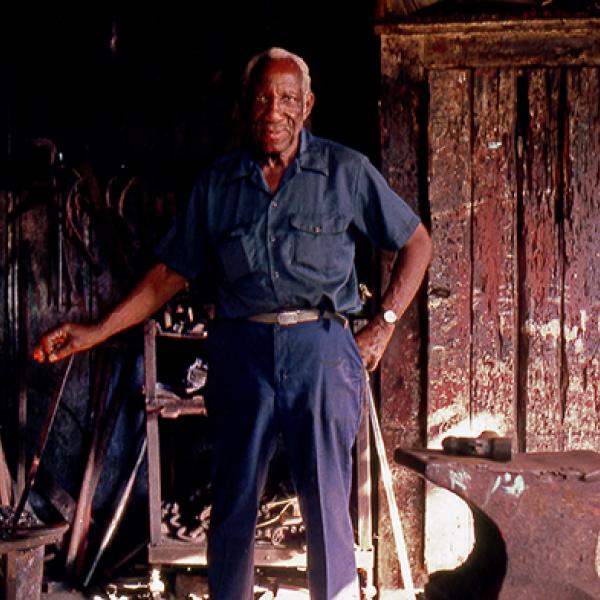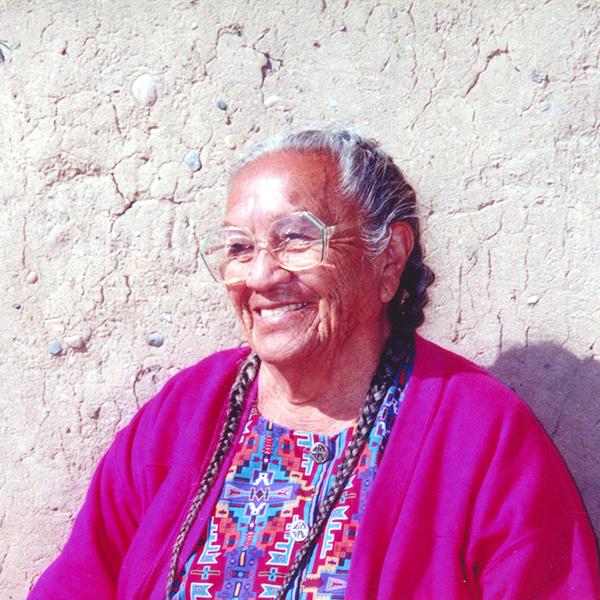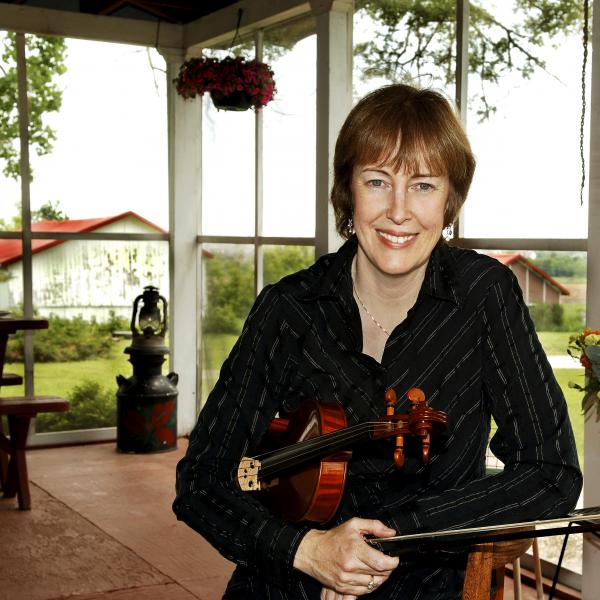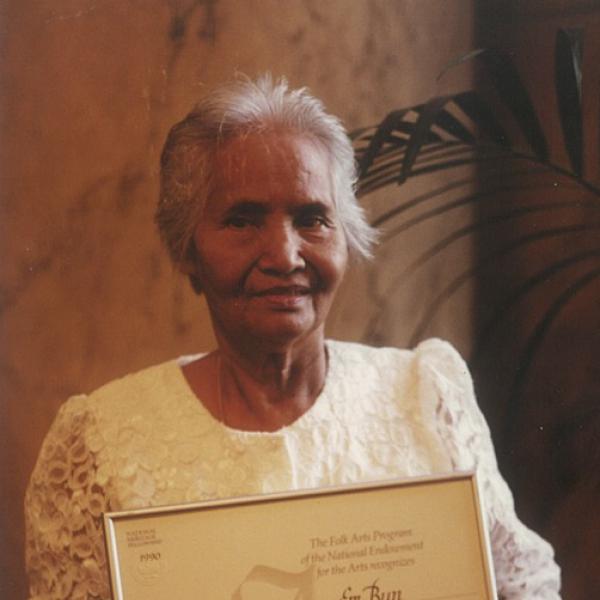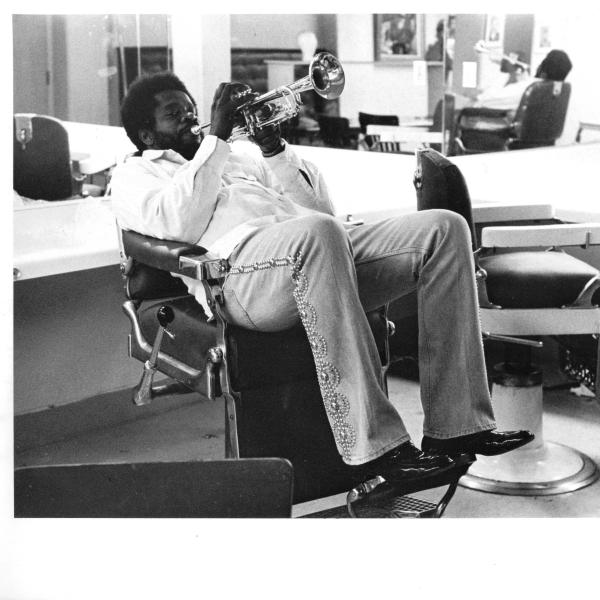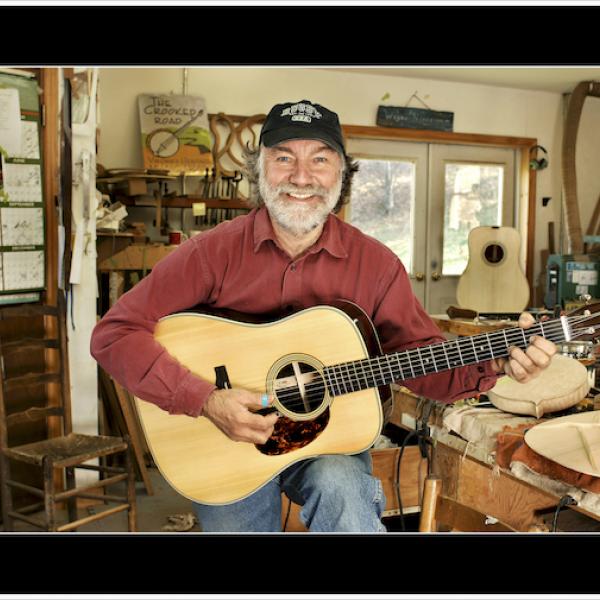The Unencumbered Herbie Hancock
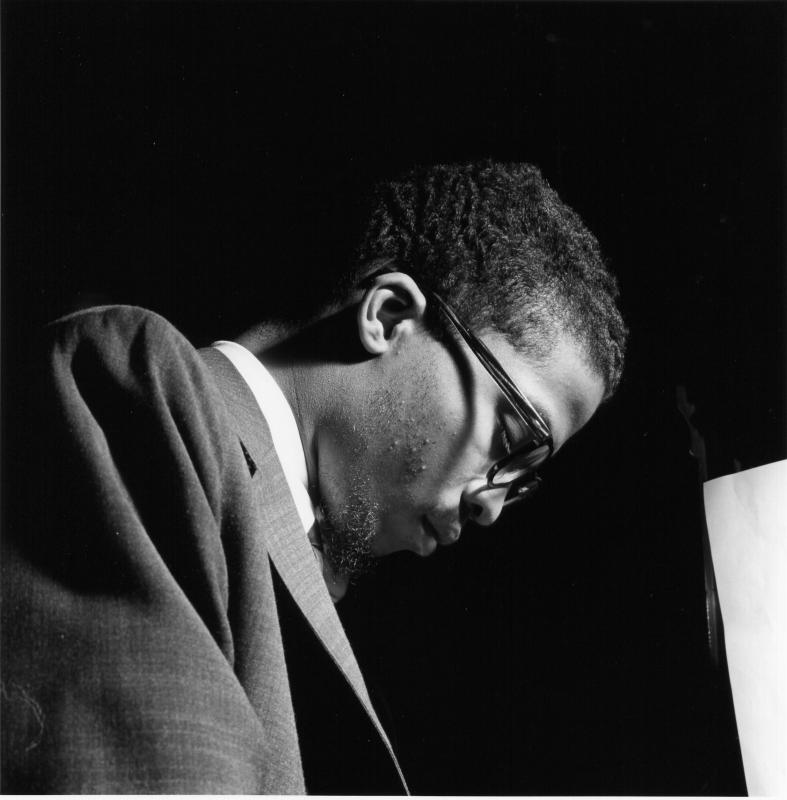
Herbie Hancock’s music-making has never been confined by genre, and his influence on what music sounds like today is immeasurable. Especially remarkable are his unflagging efforts to nurture the growth, development, and evolution of jazz. In the years since the pianist, composer, and bandleader became an NEA Jazz Master in 2004, he has continued to be a pioneer in an extraordinary array of music, collaborations, and cultural and humanitarian initiatives.
Hancock is a multidimensional force for good. As a musician, his remarkable career spans five decades and includes 14 Grammy awards and an Oscar. As a teacher, he leads by example through his own insatiable quest for knowledge. As a humanitarian, he is devoted to bringing people together and working to make the world a better place.
Composer and pianist Vijay Iyer said Hancock has been a real inspiration to him through the example he’s set, “not only as a player, but as a person with a kind of fearless nobility.” Iyer became a fan the moment he heard the revolutionary song “Rockit” in the early ‘80s. Later, he got to know Hancock when they shared festival stages, and then when Iyer became a professor at Harvard University, where Hancock presented six Norton lectures at the school’s Mahindra Humanities Center entitled “The Ethics of Jazz.” “To put those two words together—ethics and jazz—makes you think less about aesthetics or the music business, and more about matters of the heart. And [Hancock] has very genuine interests in all of these things.”
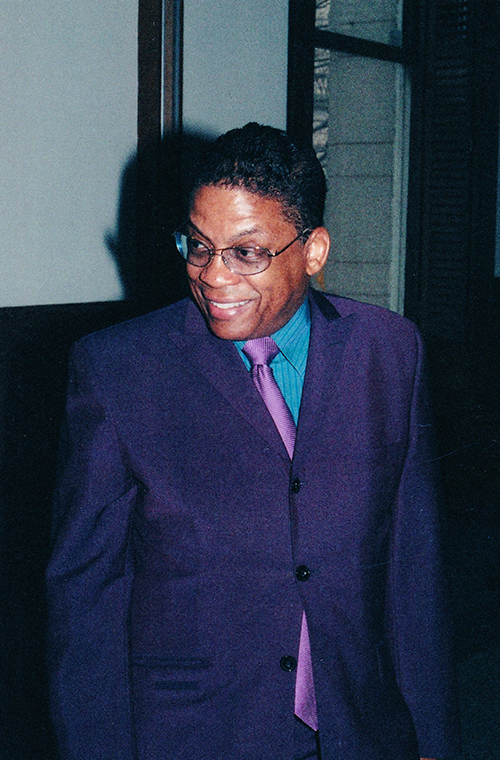
|
In his 2014 lecture, Hancock told about a time when he felt like he was in an artistic rut. During a gig with Miles Davis, Davis sensed Hancock’s musical frustration and leaned over and whispered in his distinctive, raspy voice, “Herbie, don’t play the butter notes.” At first unsure of what he meant, Hancock decided that “butter notes” must mean the predictable notes. So for the rest of the night he started experimenting by leaving the third and seventh notes of chords out, which he said suddenly opened up space for all the other notes available to him.
This notion of “opening up space” for new opportunities is a theme that runs throughout Hancock’s life and is influenced by his faith. A Buddhist, Hancock often speaks of the concepts of openness and infinite potential. He believes that you can grow while also helping others, and that you can reach up while also reaching out to lend a hand.
For 15 years, Hancock has been chairman of the board of the Thelonious Monk Institute of Jazz. “Herbie is a very hands-on board chair,” said Monk Institute President Tom Carter, “and he contributes between 30 and 60 days each year to the institute’s work all around the world.” Hancock has been instrumental in the organization’s wide-ranging programs. For example, he is a judge and mentor for its annual International Jazz Competition for talented young musicians, which provides scholarships to cover tuition for college-level jazz education studies and funds for private instruction. Many competition winners have gone on to become leaders in the field, including Cécile McLorin Salvant, Joey DeFrancesco, Jane Monheit, and Chris Potter. Trumpeter and composer Terence Blanchard, artistic director of the Thelonious Monk Institute, described Hancock’s teaching style as “teaching by example through his life.”
In 2011, Hancock became an honorary UNESCO Goodwill Ambassador. In an effort to promote peace through dialogue, culture, and the arts, UNESCO officially designated April 30 as International Jazz Day, the events of which are implemented by the Monk Institute to highlight jazz and its diplomatic role of uniting people throughout the world.
Hancock is also behind the Monk Institute’s new initiative called Math, Science & Music, which uses music to increase students’ skills in science, technology, engineering, and math (STEM) and help students think creatively. The project—which is supported in part by an NEA grant—will develop a wealth of free, engaging curricula, games, apps, and other online elements. For example, Fractions and Rhythm is a curriculum for elementary students, Proportional Reasoning and DJ Mixing is for middle schoolers, Algebra and Jazz will engage high school students, and The Mathematics of Music is a college curriculum that uses math to explore questions such as: What is harmony? What does it mean to tune an instrument? What is it that gives a musical instrument its characteristic sound?
Math and science have always been an important part of Hancock’s life. He started college as an engineering major at Grinnell College in Iowa, and has always loved to learn about how things work, taking things apart and putting them back together again. An early adopter of technology and music, he is known to many as “the gadget guy.” Blanchard shared this warning from first-hand experience: “Never get behind him in the airport security line, because while he empties his pockets of a dozen devices, he’ll definitely hold things up.”
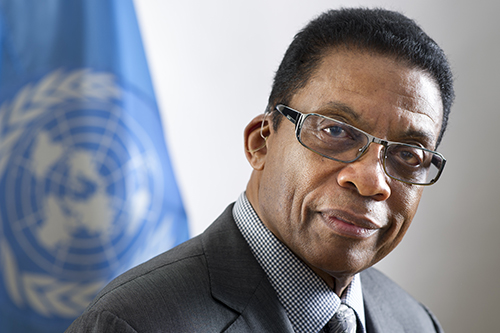
|
When Blanchard first started working with Hancock he was nervous. “Because he’s Herbie Hancock!” he explained. “But then you figure out that Herbie’s looking for you to contribute, because he’s always trying to expand his experience as an artist. When you’re on tour with Herbie, doing a sound check isn’t a cursory thing—it’s like doing another whole concert, because Herbie is always trying out new ideas. If they don’t work, he moves on; and, if they do work, he moves on, because he is always trying to learn.”
Pianist Justin Kauflin became aware of Herbie Hancock as a high school student when he was just discovering jazz. “When I heard his recording Directions in Music: Celebrating Miles Davis and John Coltrane it absolutely blew my mind. And getting to know the human being Herbie Hancock has been just as inspiring as the musician. He’s got so much humility—he’s humble to the music.”
Iyer credits Hancock with influencing every aspect of the details of music—rhythm, melody, harmony, the aesthetics of groove, how a band plays together, and the role of technology in music. “When the discourse emerged in the ‘80s about what’s real jazz and what is not, Herbie never got involved in any of that. He was unencumbered by what some saw as a divide, because he knew the larger truth about how to communicate as a music maker. So much of what is possible today is because of Herbie Hancock.”
Ann Meier Baker is the director of Music and Opera at the National Endowment for the Arts, where she oversees the NEA Jazz Masters Fellowship Program.


